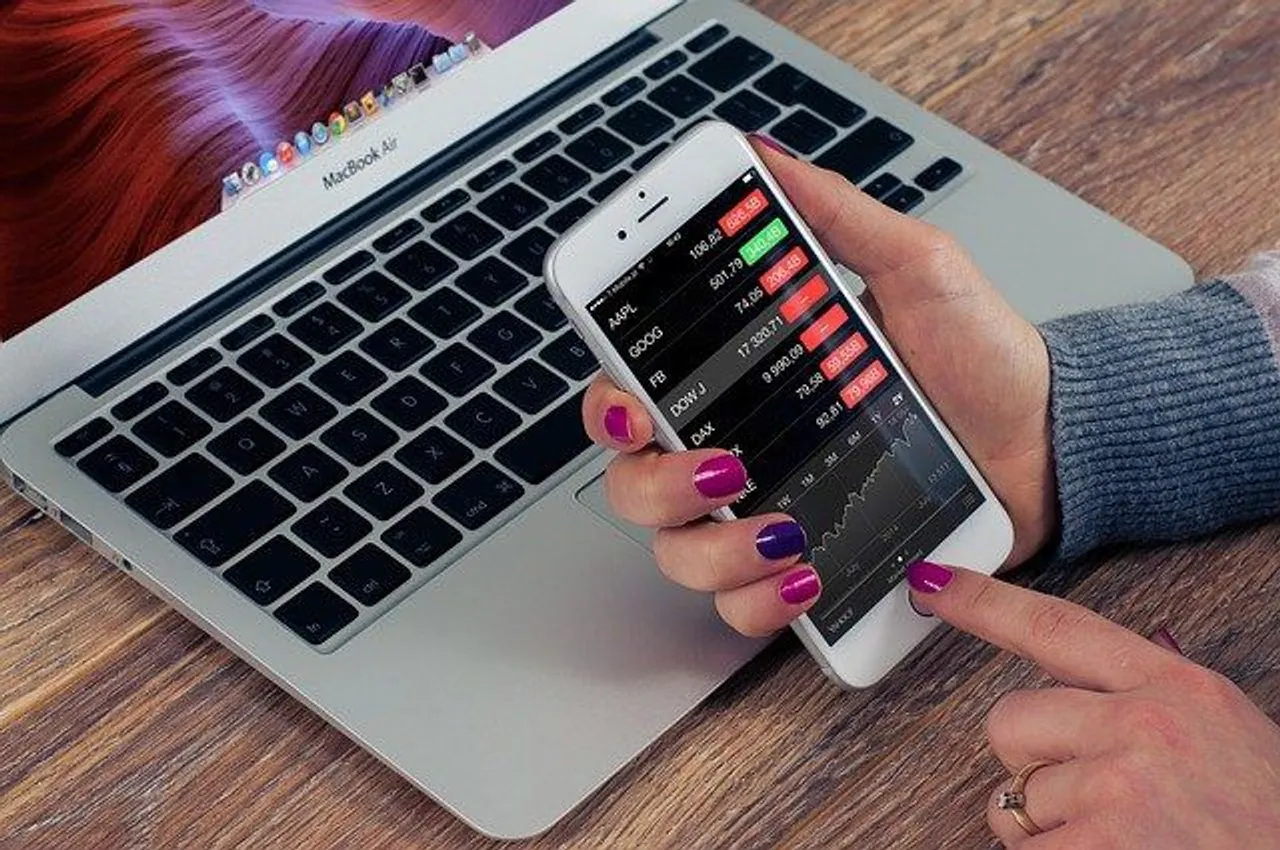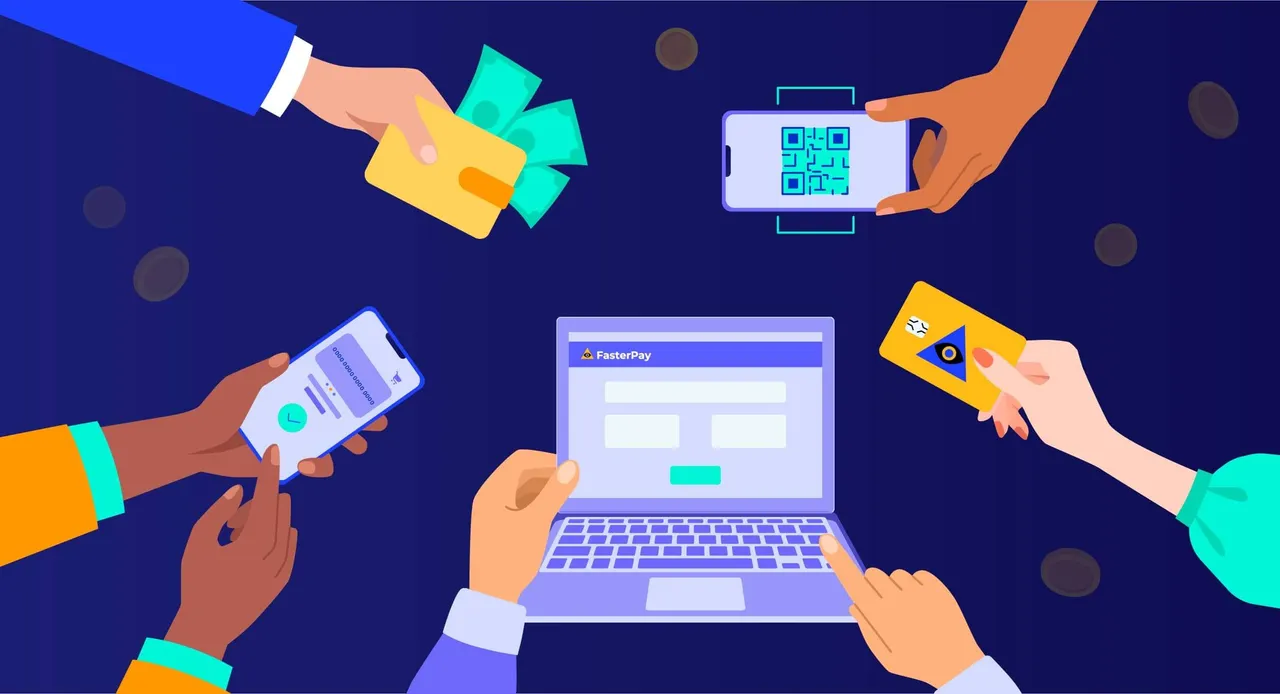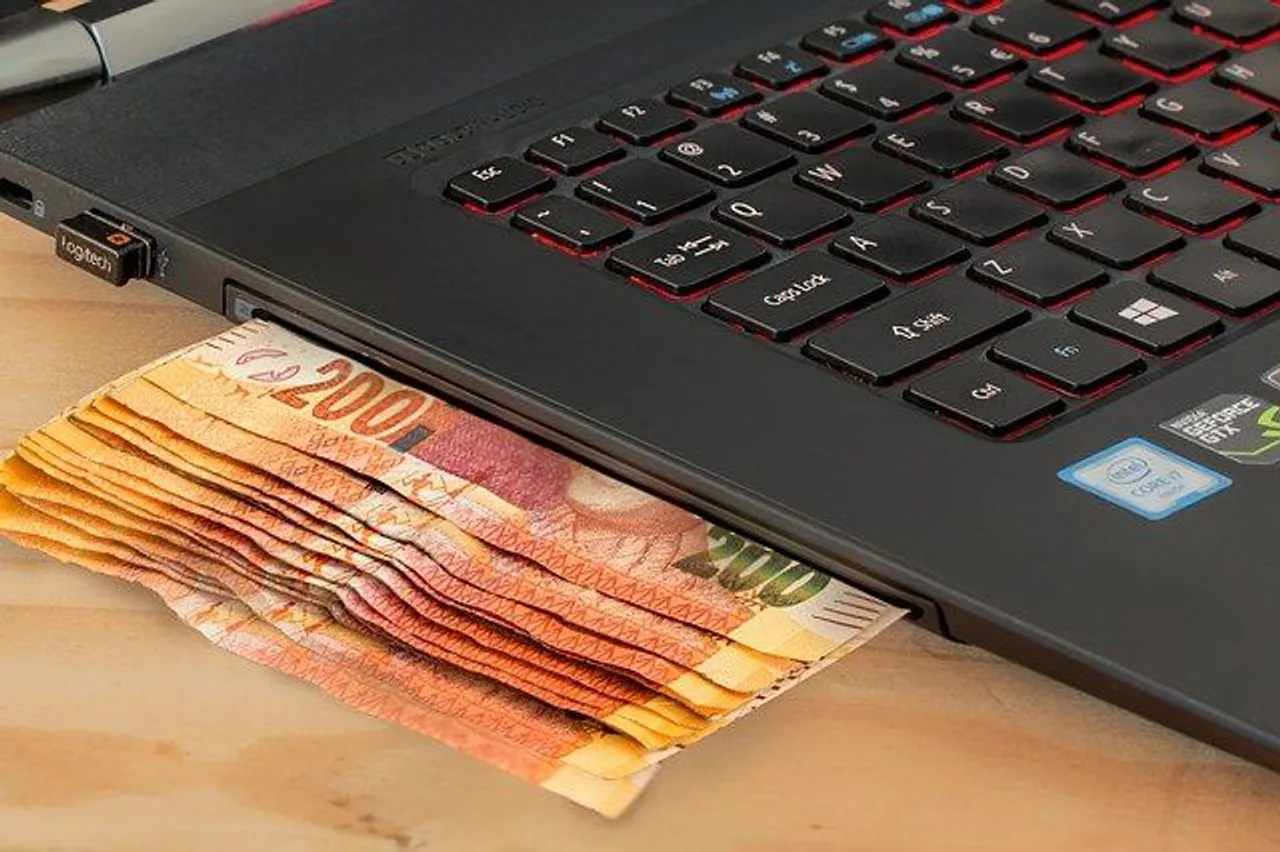
Payment gateways keep the world of e-commerce flowing. For businesses, they allow customers to make fast, flexible, and secure payments online with a reliable system.
Whether you understand the basics or are new to how they work, it’s crucial to understand the vital role they play in your daily operations.
And so, in this guide, we’re taking you through the ins-and-outs of the contributions a global payment gateway can make to your success story.
What’s a payment gateway?
A payment gate accesses, and transfers, payment data. It does this from a customer to the payment acquirer.
It basically validates a customer’s card details (securely, of course), checks to see if the transaction amount is available, and then forwards this to you—the merchant.
To maximize security, the gateway encrypts customer data. So, credit card details are hidden and pass safely from the customer, to the acquiring bank, and then finally they arrive with you.
The gateway is, effectively, a gate between a customer and your merchant account.
It’s part of the wider international payment methods now available to businesses and consumers. So, it’s worth a look into what this means for you and your customers.
What's a global payment method?
Global payments are a suite of APIs (application programming interfaces).
With these available to you, as a merchant you can process and manage transactions with alternative payment methods (APMs).
Alternative methods for global payment processing include:
- eCash.
- Direct debit.
- Bank transfer.
- Digital wallets.
- BNPL (buy-now-pay-later).
- In-app payments.
Basically, they’re payment methods different to anything you’d consider more traditional. Such as physical cash or via credit/debit card.
Thanks to the digital era, these new methods are now highly secure and readily available, allowing for global transactions across previously unreachable markets that'll grow your brand.
How does a payment gateway work?
A payment gateway (global) follows a set of procedures that allows a customer to complete a transaction.
How it goes about this we’ll break down into bullet points for you:
- A customer picks the product/service they want. That takes them through to the checkout where they’ll enter their payment details.
- As it’s an online order, their details are encrypted and sent to your web server.
- The encrypted data is then forwarded on to the payment gateway.
- At this point, the transaction details are sent to your bank and then onto a card association (for example, Mastercard).
- The bank receives this data and carries out various security and fund checks.
- The bank then sends the transaction details to the payment gateway, which forwards the data onto your website.
- On the website the data is processed and sent back to you and the customer.
- If the funds are available, the transaction is complete and the funds are transferred.
Now, all of that lot takes place in around three seconds for local or international payments.
It’s impressive stuff and the type of ultra-fast processing that allows e-commerce businesses to flourish in the internet era.
Which payment gateway is best?
Which is the best international payment gateway? Well, it’s down to what your business requirements are and what you need to provide to your customers.
But all the best payment gateways allow your customers to pay securely on your website. They also provide a streamlined and trustworthy user experience.
Here’s what to consider when choosing a payment gateway. You want a global payment gateway platform that provides you with:
- Reassurance for customers when they’re buying online.
- Flexible payment plans to meet your business’ budget.
- High security standards.
- Meets local, and international, financial regulations.
- The chance to expand internationally in the future (scaling up opportunities).
- Trust from international buyers using your store.
- A cross-borders solution.
FasterPay delivers in all areas for your business. So, we’ll explain below how you can take advantage to increase your sales.
How FasterPay works for your business
You can save time with a simple integration process using FasterPay, whether you have coding experience or not. And our platform provides a seamless online checkout.
- It’s easy to setup and provide your business with:
- Pay buttons generated using our platform, where you then only have to copy and paste HTML into your website.
- Multi-currency global payment processing.
- Integrate our highly popular checkout page into your site, so that we take care of your customer’s transaction when they’re ready to pay.
- Setup recurring billing payments with our subscriptions.
- Add plugins like WHMCS, Shopify, Magento, and WooCommerce.
- Using FasterPay Android SDK to make app payments easy.
- Seamless and secure payment processing.
- Exclusive business tools and features.
- Maximize your revenue.
You can find the FasterPay pricing plans to see the charges involved. Your fees can vary by business model, but we ensure ROI as you reduce churn rates with enterprise-level transaction features.
If you'd like to know more, we have a full guide to how FasterPay works for businesses.
All you need to know about merchant accounts
When researching payment gateways, you’ll likely come across lots of mentions of a merchant account. So, what is this and how does it work for you? Well, a lot of things.
You get a merchant account from a global payment gateway provider, acquirer, payment processor, or independent sales organization. High street banks may also provide them.
To be clear, merchant accounts and payment gateways aren’t the same thing. But you’ll need both to accept payments from your customers. Here’s a breakdown on the differences:
- Merchant account: This is where funds are held before being deposited into your account.
- Payment gateway: The gateway approves/declines a transaction.
Gateways such as FasterPay’s also allow for international, multi-currency accounts.
So, a merchant account is basically a bank account allowing customers to receive payments. However, don’t confuse this with a business bank account. It isn’t. It’s simply there as a place to deposit funds.
And merchant providers have stringent financial conduct regulations to follow.
With your merchant account you can accept payments from all across the world and in a huge variety of different currencies.
Join FasterPay for ultra-fast gateway integration
Are you ready to try out FasterPay and take advantage of a global payment gateway that’ll help your business scale up?
It’s one platform with multiple payment solutions. Our app is available (and free to download) on:
You can also create a desktop account here: FasterPay business account.
Any questions? We have our 24/7 customer support team just waiting to respond: support@fasterpay.com.




